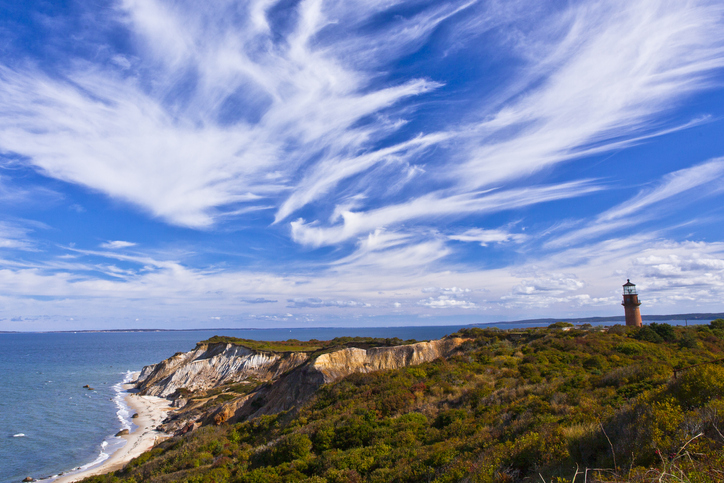Situated the south of Cape Cod is a Massachusetts island known as Martha’s Vineyard. It’s a popular destination among tourists that’s only accessible by boat or air.
Beyond its beautiful beaches and social status that elite communities have claimed, Martha’s Vineyard was once a place that created a safe haven for African Americans during a time when they were prohibited from public beaches and hotels.
“When I was growing up, there were only three places where black people could summer on the beach. There was Martha’s Vineyard, there was Sag Harbor, and there was a place on the Chesapeake [Highland Beach, Maryland],” Henry Louis Gates Jr., director of the Hutchins Center for African and African American Research at Harvard, told Town & Country Magazine.
Oak Bluffs was the only town of the now six on Martha’s Vineyard where African-Americans were permitted to find lodging.
The first African-Americans known to have settled on Martha’s Vineyard were servants, runaway slaves, and whalers after slavery was abolished in the 19th century.

As African Americans established themselves as part of the middle and upper-middle class in the 1930s and ’40s, they would head to the East Coast shoreline in the summer for the beach and bonfires.
“It was this hub of relaxation, and a marker for all my rites of passage,” Gates’ daughter, Elizabeth, told Narratively in a recent interview.
Traveling to Oak Bluffs today, visitors will find that African-American identity is still deeply rooted in the community.
One of Oak Bluffs’ most popular hangouts, Inkwell Beach, for example, pays homage to beachgoers’ black skin, which was said to glisten like ink in the hot sun.
“It was very free. There wasn’t just one way to be black. Everybody would be accepted, even if your mother was white or your father was white, whatever sort of subdivision of blackness you fell into,” Gates added. “It was a nurturing environment, but a socializing environment, too. It was a way of cementing the bonds among the black elite.”
Once known as the African-American “resort area,” Oak Bluffs has certainly earned its spot in history. The community was selected to be showcased in a permanent exhibition at the National Museum of African American History and Culture called “Power of Place.”




